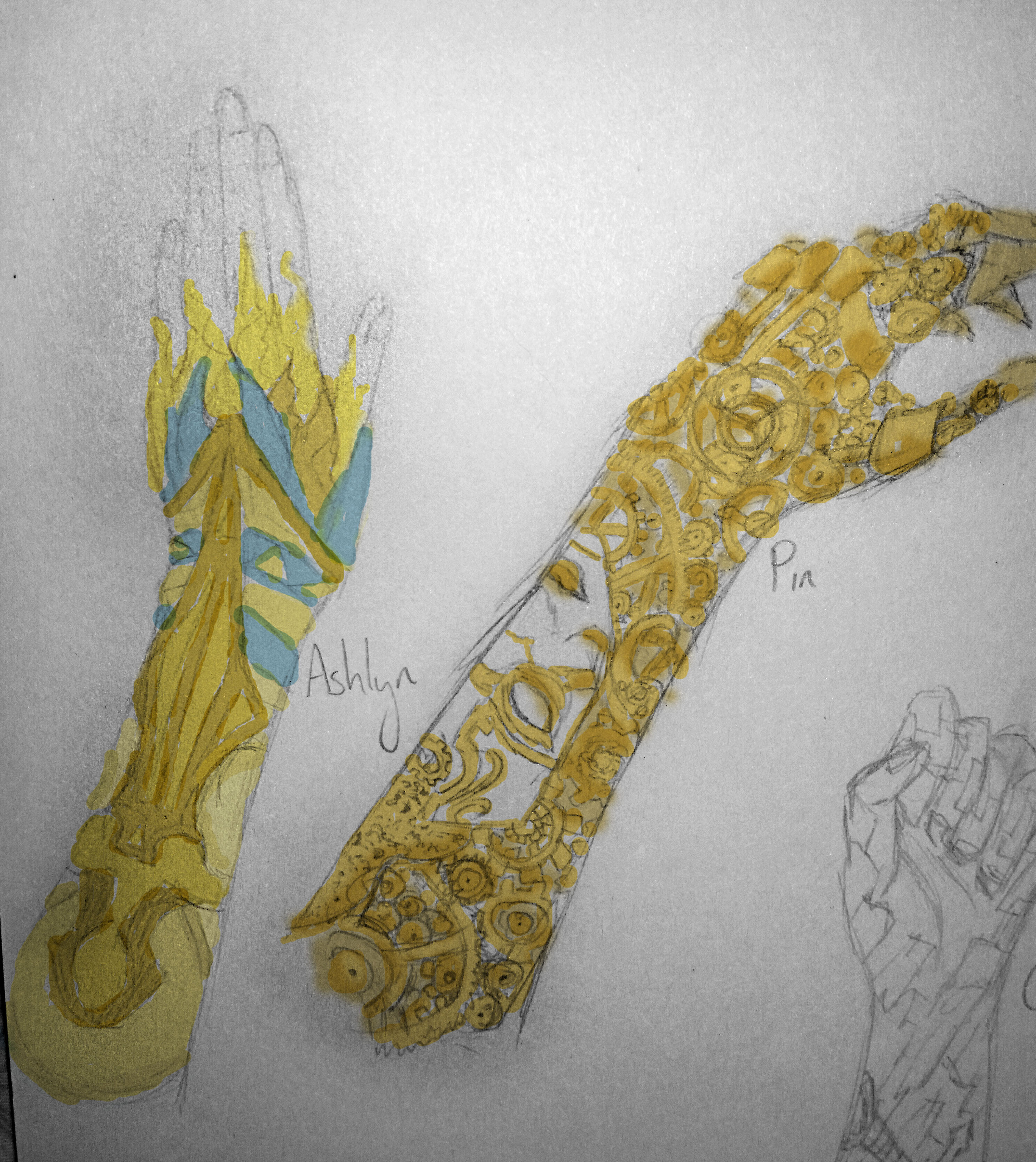Champion of the Divine
The following file has been sourced from the Archives by Starseeker request. It has been adjusted for outside perusal by ███ ████ ████. Further sharing of this file outside the organisation will result in memory alteration for security purposes.Whilst the universe's many deities have near-boundless powers, there are still actions each must not take, limits that they must never cross. As decided through ancient divine law, one of these limits regards their power over the mortal realm. To prevent full-scale divine war between opposing deities, a threat that could easily result in the death of multiple gods and trillions of mortals, direct deific intervention in the mortal realms is strictly forbidden. It is only through the creation of viable alternatives that this law is upheld by all. Whilst deities cannot risk angering one another to the point of direct assaults, the use of their faithful as chess-pieces has long been considered an acceptable manner of continuing arguments, and many mortal religious crusades have been spurred by the whispers of their divine patrons. Another alternative available is to use a proxy to carry out their will. Each deity often also employs a herald and multiple servitors for this purpose. These are powerful outsiders that may act on direct behalf of their lord, usually sent as messengers or as aid in times of great need. Their use is incredibly rare, as they require express permission to act, and are still bound by many divine laws - even if they are agents of chaos, Deities may also choose to manifest, but this is incredibly dangerous. Direct manifestation risks breaking the covenants each deity holds, and manifestations only hold a fragment of each deity's power. As such, this allows them to be defeated. Whilst the defeat has little effect on a true god, the impact on their faithful cannot be measured.
Mortal Champions
The laws binding deities can be circumvented entirely by using a method only discovered in the first War of the Heavens. Since mortals first felt the influence of the divine, all deities have been able to grant their faithful some amount of power. Paladins, clerics, warpriests, inquisitors, oracles, shamans - each receives their strength directly from a divine patron, though each must hone it through their own might. As mentioned, it was during the War that certain deities realised that select mortals, if they were in some way faithful to a god, could be imbued with the tiniest fraction of that god's divine will. It would not bind the mortal to do their bidding, nor would it instantly grant them higher power, but as the mortal trained, their deity would be able to grant them more. Over time, this allowed mortals to become near-avatars of their deity, able to grant their lord access to their mind, body and soul and in turn, wielding true deific might. These mortals have come to be known as Champions, the closest mortal equivalent to Divine Heralds.Creating a Champion
Each deity may only ever have one Champion, and vice versa for a mortal. However, a deity may not claim a mortal that they do not have some sort of connection with, and lesser gods (also known as 'demigods') - such as demon lords, empyreal lords, whore queens, or fey Eldest - may have their claims overruled by a true God or Goddess at any time (provided that the Champion in question has some tie to them, such as familial history, racial heritage, or clerical worship). If a lesser god has their claim overruled, the backlash of power can prove incredibly painful for them, and on rare occasions can result in a total loss of that divine energy to the intercepting God. To that end, lesser gods are typically very careful in choosing their champions, though many good-aligned deities will at least grant the lesser deity the option to surrender their claim willingly to avoid the danger. Assuming these two prerequisites are fulfilled, the deity must then shape the power they will bestow upon the mortal, and gift it to them in the form of their holy symbol. For the occasional deity with multiple symbols (such as one worshipped by different areas as slightly different gods), the most appropriate symbol for that specific mortal is chosen. The symbol is etched in a manner of the deity's choosing onto the mortal's arm, and is usually followed up by a dream, vision or whisper from the deity explaining the purpose for which they were selected. As the mortal bonds more with the divine power gifted to them, this tattoo will expand in form - always mimicking the divine symbol in some way - across their body, usually leaving the face and chest somewhat clear.
Champions of Sarenrae & Brigh by Hanhula
Type
Religious, Special
Status
Current
Form of Address
Champion
Source of Authority
Deities
Length of Term
Lifetime
Current Holders
Past Holders




those tattoos look absolutely stunning, and the table is cool to look at! i'm a bit concerned about the redacted champion of asmodeus
thank you!! (it's a well-known secret out of character, but a well-kept one in-character: Asmodeus's champion is Cyne, Emperor of the Aletheian Empire. Do you remember the letter I wrote - Alysia's Farewell? Her sacrifice lead to him becoming Asmodeus's Champion as a necessary measure. He's not happy about it, but it's at least better than him dying and letting the empire plunge into chaos.)
welcome to my signature! check out istralar!
I saw when I was reading through their articles!